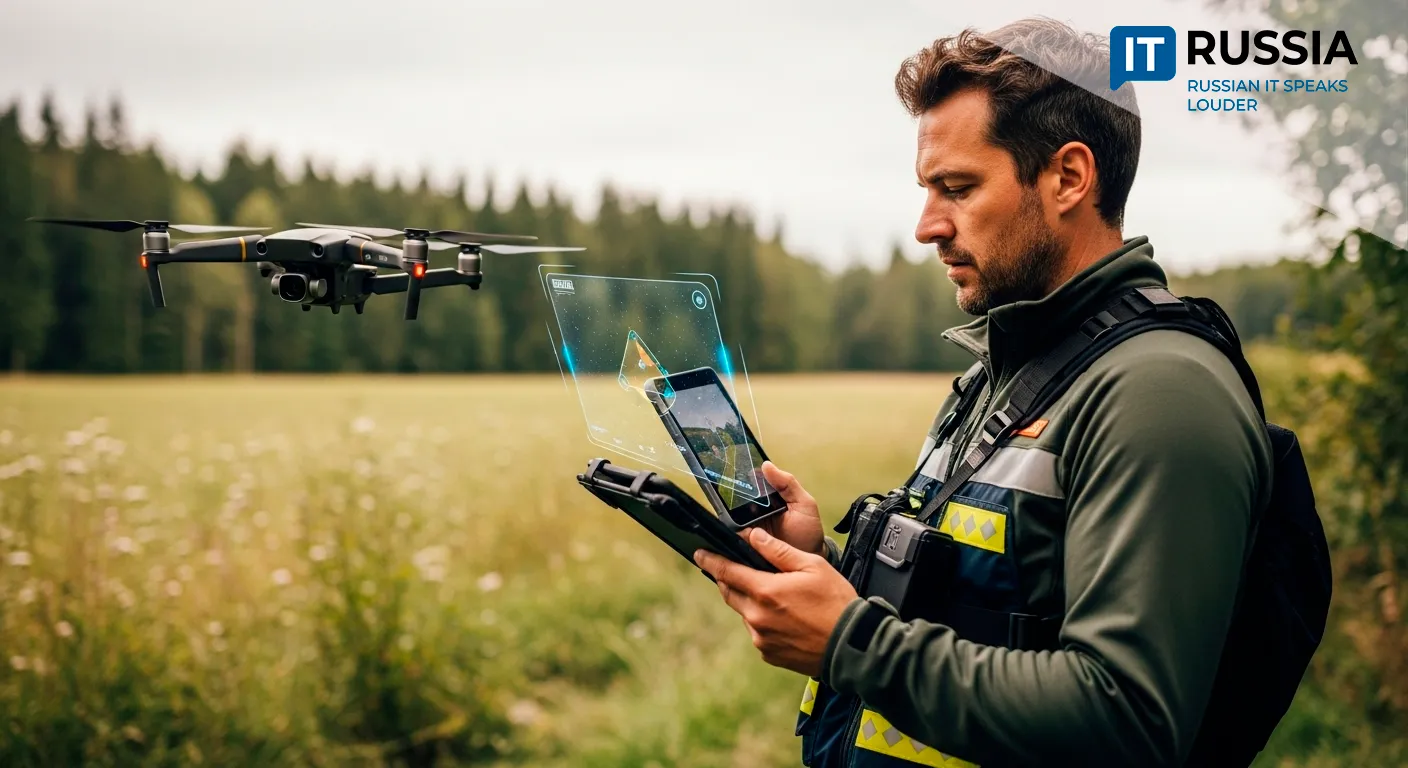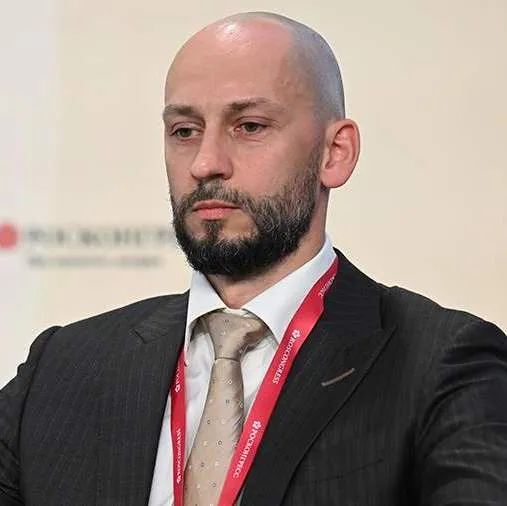A Growing Need for Smart Search Tools

From July 5 to 12, the town of Volokolamsk hosted the key phase of “Autonomous Search,” a national competition under Russia’s federal drone development initiative. Participants tested AI-powered drones capable of independently locating missing persons in the wild. Beeline, a major Russian telecom provider, served as the technological partner—delivering stable data transmission in challenging terrain.
A Growing Need for Smart Search Tools
In an age of smartphones and security cameras, it might seem impossible to go missing. But in Russia alone, around 180,000 people disappear each year—and 20,000 are never found. In March this year, volunteer search group LizaAlert received 3,243 requests. Of these, 2,187 people were found alive, 156 deceased. When lives are on the line, every minute counts.
Drones have become a crucial tool in emergency searches. But AI takes it further—making these efforts faster, more accurate, and more autonomous.

When the Drone Leads the Search
Back in 2023, the National Technology Initiative Foundation (NTI), the Moscow Institute of Physics and Technology (MIPT), and LizaAlert launched a technological competition called “Emergency Search.” The outcome was an AI-enhanced system that could identify missing individuals via neural networks—processing images in under a second and relaying the information to rescue teams. The solution helped save six lives, including a woman with dementia found in just 45 minutes across five square kilometers of forest—an area that would’ve taken days to search on foot.
This year’s “Autonomous Search” ups the ante. The challenge: drones must analyze images on board, detect individuals, and transmit coordinates in real time—even without GPS or cellular signal. During field trials with signal coverage, Beeline ensured uninterrupted data and voice services, enabling real-world application of the AI system.

Building a Global-Scale, Life-Saving Network
While similar efforts are underway in the U.S., EU, and China, Russia’s integrated model stands out. It combines drones, AI, and telecom infrastructure, backed by public and private sector cooperation. In 2024, NTI’s neural networks were handed over to LizaAlert, the Ministry of Internal Affairs, and the Ministry of Emergency Situations.
By 2026–2027, the technology could be scaled across Russia and exported to other countries—especially those with vast forests and mountainous terrain. Upcoming enhancements include GPS-independent navigation using Russian satellite modules like GLONASS and extended search zones up to 300 km.

Tech for the Public Good
“Autonomous Search” is more than a rescue project—it’s a case study in how public agencies, private companies, and volunteers can jointly develop sustainable, scalable technologies. Beeline’s contribution—ranging from connectivity to data services—has reinforced Russia’s leadership in drone-based humanitarian solutions.
By 2026, the entire country may be covered by this AI-enhanced search network, with potential to go global. In times when technology often seems to alienate, this project proves it can unite and save.










































